|
Mosquitos are responsible for the spread of some of the nastiest diseases, but a skin cream already on the market is proving to be an efficient way of preventing the virus infecting the body. Steven Bryden and Clive McKimmie explain how the cream boosts the body’s anti-viral immune response, stopping mosquito-borne viruses in their tracks.
A lot of people are taking steps - like cutting down meat and flying less - to mitigate the climate crisis. But what impact can these personal actions realistically have? According to Tom Oliver, our default way of viewing the world – as individuals – both causes the crisis and frustrates efforts to combat it. He suggests that a change of mindset is needed.
|
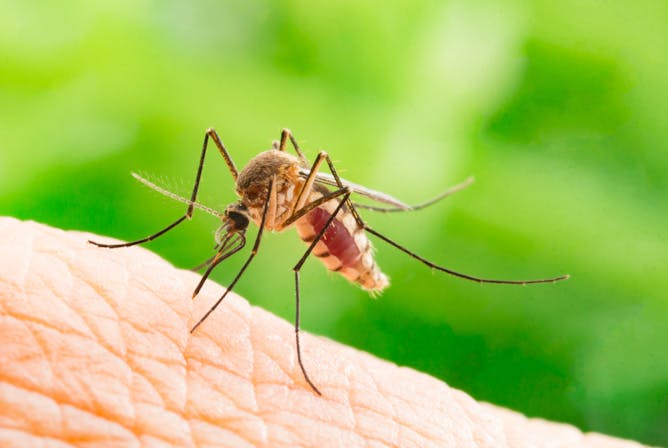
Researchers discovered a cream could stop the spread of deadly viruses from mosquitoes.
frank60/ Shutterstock
Steven Bryden, University of Glasgow; Clive McKimmie, University of Leeds
The cream was found to boost the body's anti-viral immune response, stopping mosquito-borne viruses in their tracks.
|

Rupert Britton/Unsplash
Tom Oliver, University of Reading
We need to tackle individualism to tackle climate change.
|
Environment + Energy
|
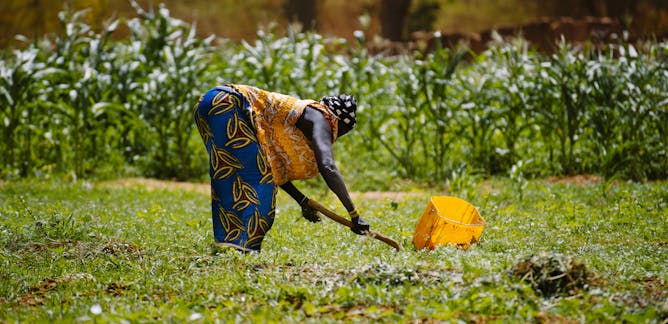
Elisabeth Ilboudo-Nébié, Columbia University
Soil and water conservation projects can create fertile farmlands and change migration patterns linked to land degradation in Burkina Faso.
| |
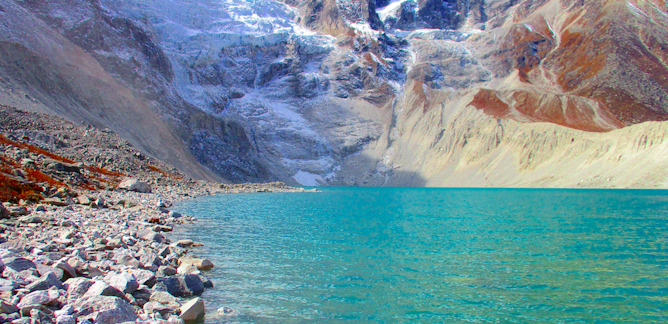
Owen King, University of St Andrews
Meltwater lakes forming at the head of glaciers are causing them to shrink faster, which will affect the flow of big rivers that supply millions of people downstream in Asia.
|
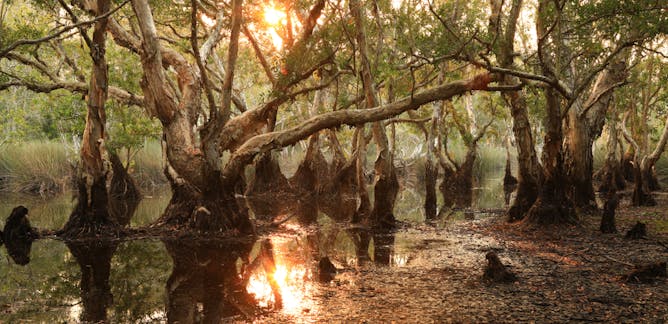
Sofie Sjogersten, University of Nottingham
Researchers found that palm oil plantations up to five years old were more harmful to the climate than already established ones.
| |
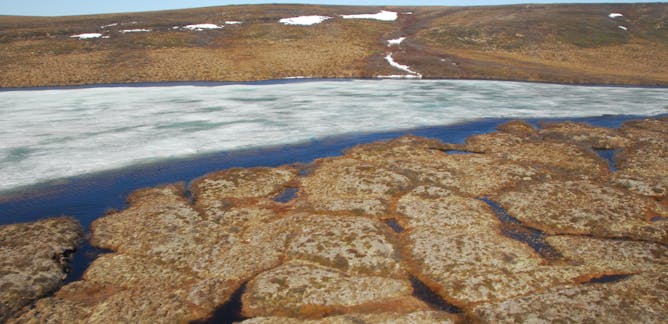
Philip Marsh, Wilfrid Laurier University; Evan Wilcox, Wilfrid Laurier University; Niels Weiss, Wilfrid Laurier University
Hundreds of thousands of lakes, rivers and streams in the Arctic exist only because of the permafrost that lies beneath them. The warming Arctic threatens to change that.
|
|
|
Health + Medicine
|
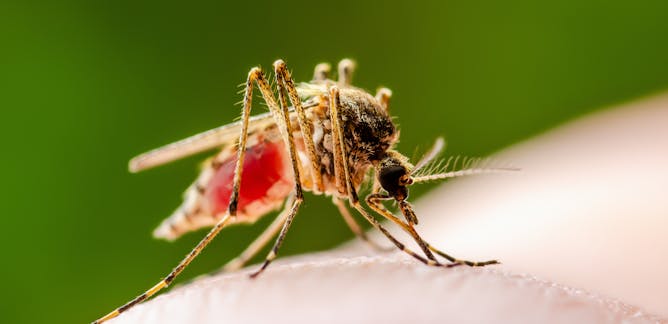
Eunice Anyango Owino, University of Nairobi
Prolonged rains increase the amount of stagnant water in the environment in which mosquitoes breed. This increases the risk of mosquito-borne diseases.
| |

Magandhree Naidoo, University of the Western Cape
Behaviours such as head banging, picking at the lips and chewing on harmful objects like stones make children with autism more likely to have dental health problems.
|
|
|
Politics + Society
|

Mandisi Majavu, Rhodes University
In South Africa, state corruption has taken hold with utter disregard for ethics and democratic norms in a cynical exploitation of the post-apartheid transformation agenda.
| |

Vahid Yücesoy, Université de Montréal
Despite apparent unity after the killing of an Iranian general by the U.S., deep divisions still mark the Middle Eastern country.
|
|
|